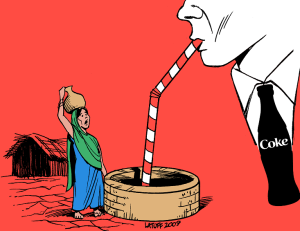
When visiting Ireland last year, I regularly noticed charity pots on the counters of chip shops and pubs asking for donations for Irish Guide Dogs for the Blind. Oftentimes I’d have to avert my eyes and uncomfortably avoid volunteers collecting donations in the mall. I didn’t want to have the difficult discussion with these well-meaning folks about why I didn’t find it ethical to donate to their cause. It is not an easy topic because society rightfully sees aid for disability as an important social service. Any effort towards that value is seen as sacrosanct, and criticizing any of those efforts makes you appear hateful or ableist. This is compounded by the inability for most to think critically about the human relationship with dogs and other companion animals. People with disabilities want to live independently and in relative comfort. Service dogs can provide this. And people love dogs, and dogs “love” to serve people. It seems like a win-win.
Before I continue, I want to clarify that I live with a hearing and balance disability that is known to be progressive. At this point in my life I am independent and live a relatively “normal” life, but this was not always the case and there is also the possibility that I will be nearly or fully deaf later in life. My disability adviser suggested that I learn sign language in preparation. During “attacks,” I cannot drive or walk properly and must lay still for hours at a time. I point this out only because there is a tendency to attack the identity of the messenger in an effort to distract from the theory. I do not currently need a service animal, though at one time I may have benefited from one and in the future I surely may as well. I want to fully recognize that persons living with severe disabilities can and do gain from a working relationship with a service animal. However, I do not think this relationship is one where the interests of all parties are seriously considered. The institution of domestication also makes consent impossible. It is an unequal relationship built on power and domination. Just because I can benefit from the “services” of someone in a less powerful position who suffers from this exploitation, is it ethical to take advantage just because I can?
The ideology of human supremacy weighs very heavy in the mix. It is difficult to think about our relationship with our companion animals as one of “domination,” but this is inherently the case. Service animals are, for the most part, purpose bred animals who are rigorously trained since puppyhood for one purpose and for one purpose only: to serve their masters. Many dogs live rather lonely lives: they are kenneled for long periods of time and they are denied free expression. People are even discouraged from showing attention and affection to service dogs because they are “working.” It is important for us to recognize that sexually exploiting vulnerable persons to produce offspring so that the offspring can be trained to be servants for life is a relationship of oppression.
While it is unfortunate that some of us live with disabilities that make life more difficult for us, it should not follow that we have a green card to oppress those below us. Even those with disabilities can still wield considerable social privilege. Consider studies of disabled men and women which find that large percentages men had purchased a woman’s body (and many of those who had not had at least considered it). Meanwhile, practically no disabled women in the studies had purchased bodies for sex. Women do not wield the same power as men, and are thus not in the same position to purchase the bodies of others for pleasurable consumption. Furthermore, the singular focus on disability can obscure the injustices experienced by others in the equation. This is why an intersectional framework is so important. Women victimized by prostitution are extremely disadvantaged, with large portions of them entering “sex work” as a result of sex trafficking, pimping, poverty, drug addiction, and severe childhood trauma.
Just as we should question the demonstration of oppression when prostituted women’s bodies are purchased so that disabled men can have sex with them, we should question the purchasing and using of Nonhuman Animal’s bodies and labor for human benefit. This is an institution of inequality. Some are hurt so that others with more power can benefit. Can women sometimes benefit from prostitution as well? Can dogs sometimes benefit from service work? In some ways and in some cases, perhaps they can. However, we should not get lost in musings of “humane” treatment and fringe benefits, as doing so ultimately masks the presence of systemic inequality.
Importantly, there are alternatives. I speak to an industry that constantly churns out expensive new canine products for human consumption, and this industry should not be supported. Few humans are financially privileged enough to afford these “products” anyway, and disabled persons are more likely to be living in poverty due to structural inequalities. Consenting and waged humans are viable alternatives, and ideally, their services should be covered by insurance and government assistance (although it should also be acknowledged that poor women of color are disproportionately located within care work and this work is poorly compensated). Community-based volunteers, family, and friends are also alternatives. Technology is regularly providing new tools to support independence. Unfortunately, having a human assistant constantly present is not always possible, and technology has its limitations. In those cases, a canine servant seems unavoidable. Another consideration is that some service dogs are adopted, and thus avoid a cruel death in a “shelter” when they begin their new “career.” If the choice is between death and servitude, which is preferable? And what of “invisible” disabilities like depression and anxiety that can be alleviated by bonding with other animals? In these cases, dogs, cats, horses, etc. are being “used” but are granted much more liberty. There are no simple solutions, of course. What is important is to remain critical of relationships of domination and to be wary of arguments that rationalize domination based on natural history, biological differences, or humane use.
From a reader:
As a former animal shelter worker, I know that the “rejects” from service programs are not always re-homed and do end up in shelters. As a sociologist, I wonder why society is so quick to claim that a dog solves every problem from being lonely to depression to blindness to hearing the door chime. The mantra of give someone with a disability a dog and then they can be independent is deeply woven into our culture. We’re quick to deliver the service dog and then back away from the situation so the human can be independent, as if independence is the most important thing in the world. Why do people avoid asking the most obvious question of all: Why don’t humans help humans instead of enslaving dogs or other animals to help humans in need?
Not only do I see dogs being used as way for humans to avoid interacting with each other, I see humans unwilling to consider why we are so quick to shove a dog at a social problem, as if dogs can cure social ills. It’s one thing to want and have a dog as a companion, but it’s something else altogether to use a dog in ways that exploit a dog’s nature and being for human gain, especially when humans are perfectly capable of helping each other with companionship, therapy, running errands and developing technology that will solve many of the problems faced by those with disabilities.
Is it possible that service dogs leave someone with disabilities more socially isolated than they were before getting the dog? What happens when the hoopla of receiving the dog and the training associated with having the dog are over? We know that when a service dog is on duty humans are not supposed to approach the dog or the human, that we are not supposed to do or say anything to distract the dog from the work at hand. The service dog also sends a strong message that the human with the dog values independence, and as such, it is easy for others see a need to honor that independence by just walking way and not initiating friendly contact.
It’s time to question the use of service dogs and other animals in ways that are not ableist, but that give serious consideration to the fate of the dogs.


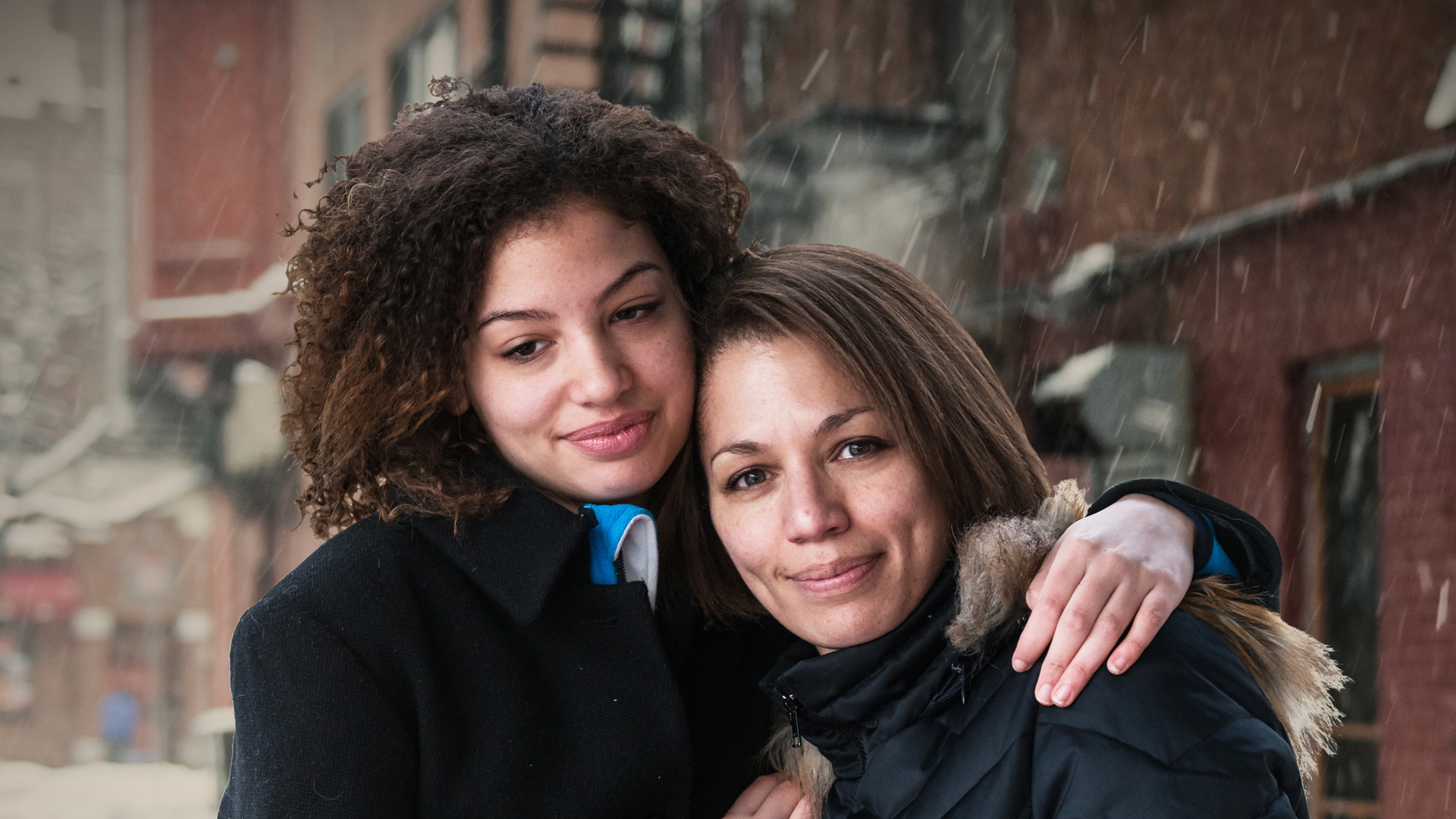




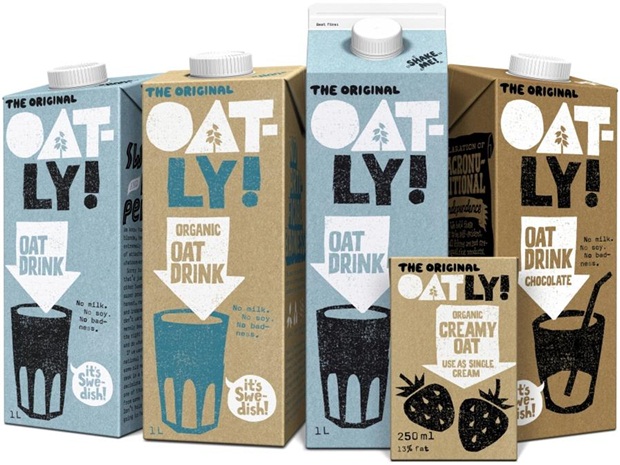
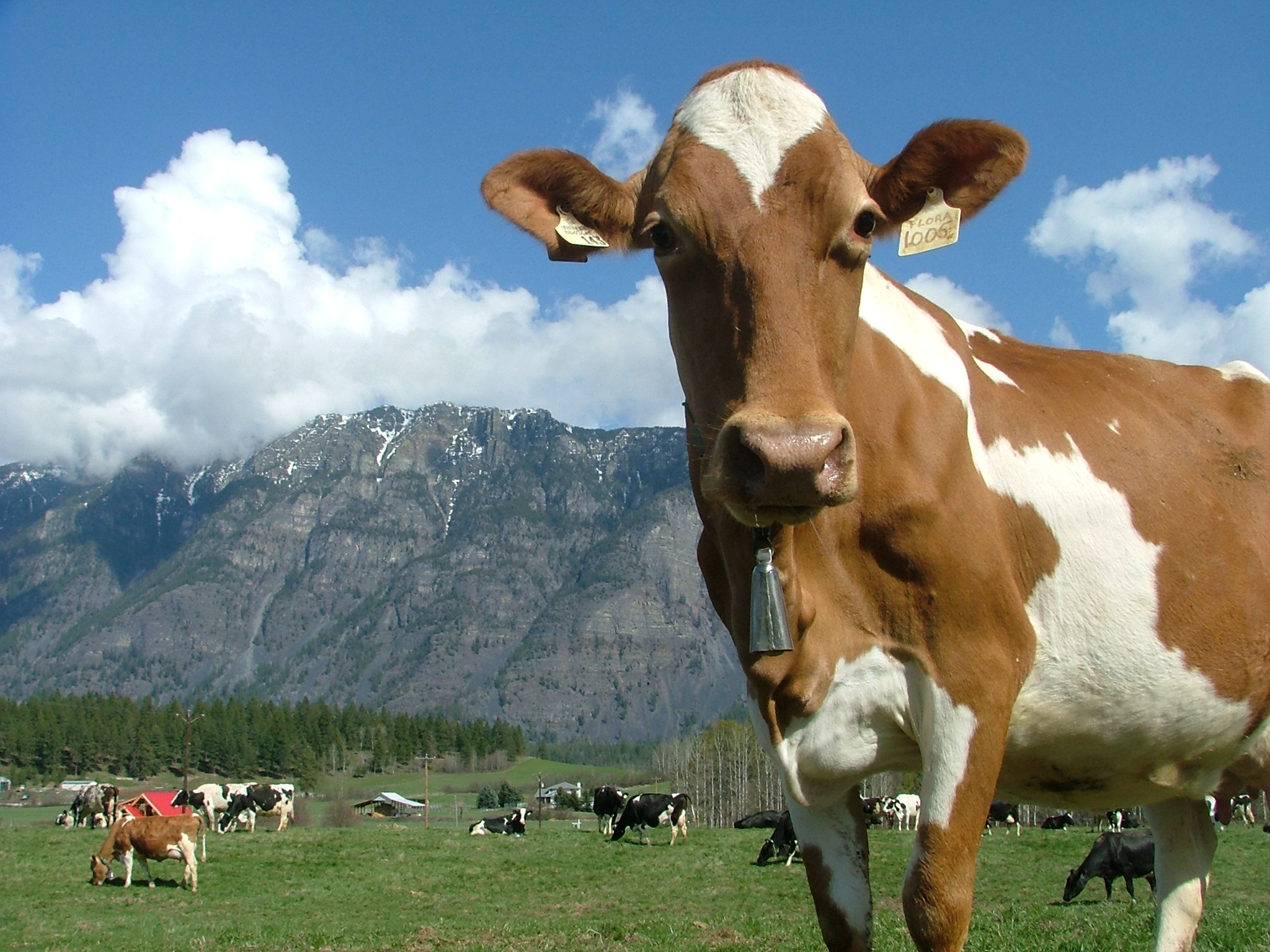


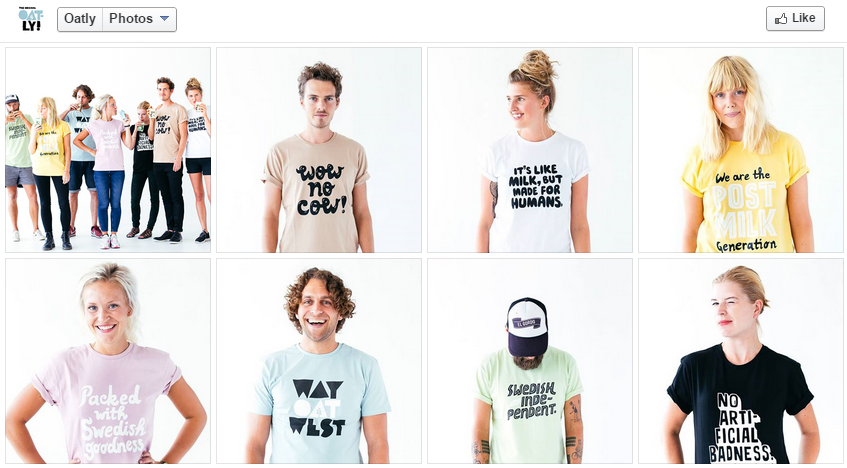
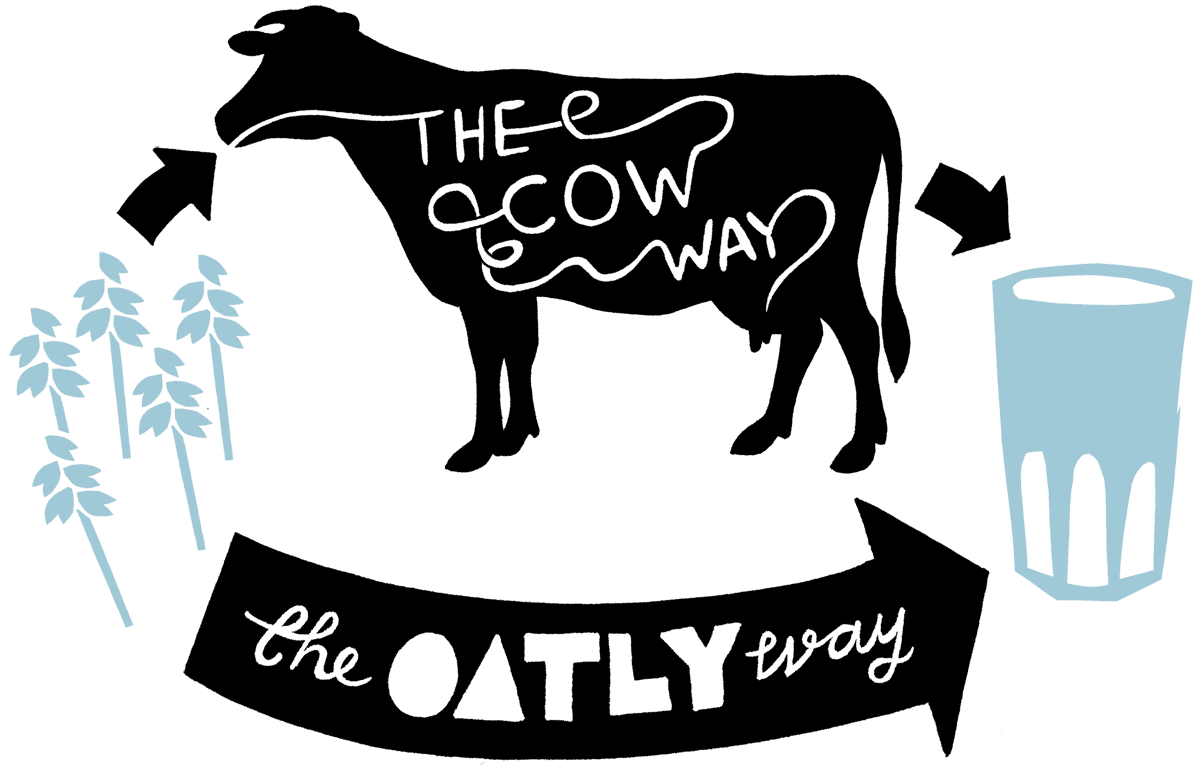
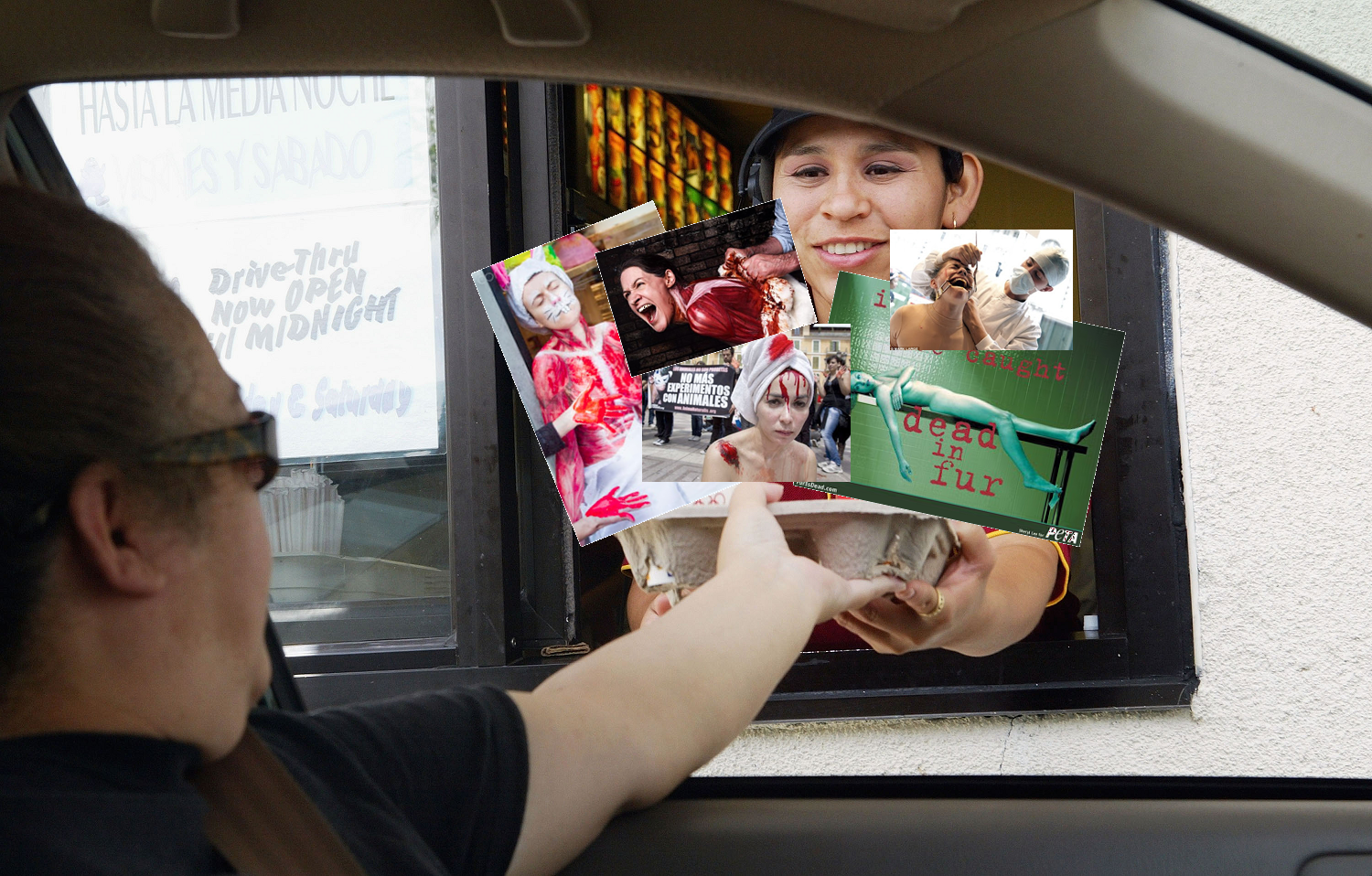







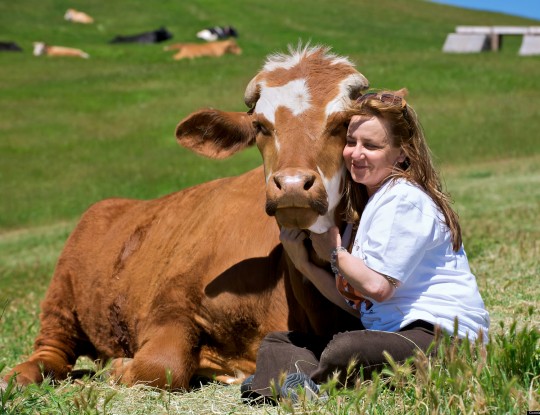
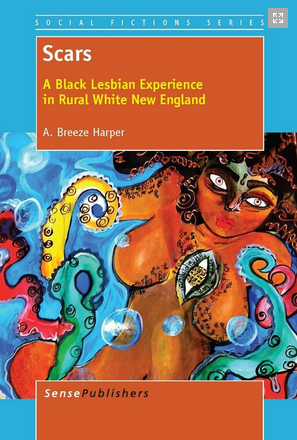 I recently had the pleasure of reading Dr. Breeze Harper’s new fiction publication,
I recently had the pleasure of reading Dr. Breeze Harper’s new fiction publication,
